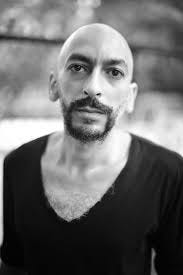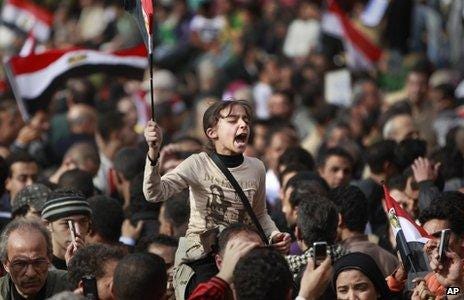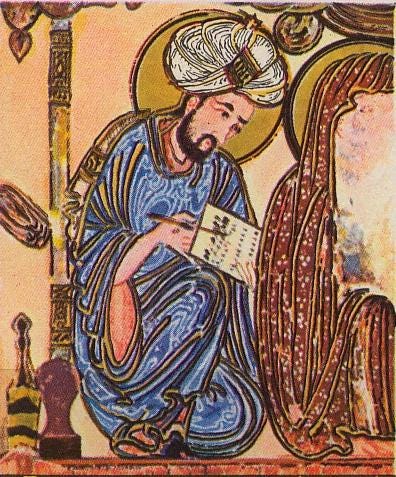Mohamed Abdou, Pluto Press 2022
“You shun me out of your fear of Islam as an institutional and organized authoritarian mechanism of repression. But, who is to say that Islam has to be institutional, organized, authoritarian, and repressing?” (Veneuse, 2009)
Abdou's “Islam and Anarchism: Relationships and Resonances” attempts to synthesize these two beliefs into a strategic belief system, “Anarcha-Islam” reconciling the writer's religious faith with anarchist practice. Having been in Tahrir Square during the 2011 uprising, as well as an organizer and activist for Palestinian liberation and anti-Globalization, Abdou's desire to reconcile the two communities is heartfelt. Further, as a Muslim immigrant and involuntary dweller upon colonized land (Canada, the United States), Abdou is painfully aware of the intersections of racism, colonialism, sexism, and the contradictions inherent in writing in English a manifesto for readers outside the hegemony.
“Anarcha-Islam is not interested in whether anarchists or anyone else chooses to believe in God, Prophet Muhammed, or Islam, let alone the compulsive practice or institutionalization of dogmatic rituals. Anarcha-Islam is not concerned with giving rise to mass-produced anarchist converts, nor does it require that others become missionized and conquered colonial Muslim subjects... Rather, Anarcha-Islam is determined through exchange and the offering of an extended arm of hospitality to individuals and communities who espouse ethico-political commitments that resonate with this interpretation of Islam.” (p. 111-112)
Unfortunately, in an effort to be both specific and widely inclusive the writer makes multiple statements on multiple fronts, sometimes appearing to claim Islam as all things to all people (except possibly straight, white, capitalist European males). The book is written in rather dense academic jargon, such that the reader may need microscope and tweezers to disentangle the many fishing lines of negative and positive statements. Fans of Jacques Derrida, Michel Foucault, or Deleuze & Guattari will find his style familiar, if not easy to follow. (Another version, titled “Anarcha-Islam,” was written by the same author under the name Mohamed Jean Veneuse as a thesis for Queens College in Ontario, 2009. The thesis is shorter and more accessible.)
Abdou points out that Islam is not monolithic. Outsiders, Abdou states, do not understand that the Q'uran has multiple meanings, and that certain interpretations can be made, in contrast to the cultural interpretations that are traditional and, for the most part, current. “Islam and Anarchism” makes a compelling case for these interpretations.
As a faith based on one's personal relationship to God, Islam includes many sects and practitioners who believe every person has equal opportunity to advance spiritually. Belonging to the community of Islam, he writes, is ideally (and according to the Q'uran) based upon religious adherence to principle and transcends national boundaries.
Thus, the Venn diagram of Anarchism and Islam includes common ground, such as an ethic of mutual care and community obligation, an ethic of respectful disagreement, and horizontal, spiritual equality of all human beings. Islam has been used in many instances to subvert the concept of nation-states, and might therefore be the basis of – or at least compatible with – an anarchic community of the dispossessed.
Further, the practice of Islam requires a lifelong dedication to study and spiritual growth; Abdou corrects Western misuse of the term “jihad”, commonly translated as violent religious war, to It-jihad, “struggle” to ascend through religious study to being a better human. “Umma,” the community founded by Mohamed, could be taken as an anarchist ideal of communitarian decision-making. Other points of agreement could include Islamic banking (non-capitalist, communitarian, anti-interest): “Islamic banks... are premised on a shared risk between the parties... such that, should one party lose, the other also experiences a loss, and should the venture be blessed there is benefit to both.” Islamic banks, if governed by a socially just interpretation of Islam (they require a religious advisory board) ideally work for the benefit of the community rather than just the individual.
Abdou mines academic texts for an Islam that would provide fertile ground for non-cis-hetero sexuality, feminism, anti-colonialism, minority and Indigenous rights. He delves into earlier Muslim writings that allow less restrictive sexual roles in Islamic society, and dialogs with the Anti-Oedipans about the liberating nature of desire.
He refutes anti-Muslim statements made by anonymous online bloggers but, unfortunately, spends no time at all examining or refuting Patricia Crone's paper on ninth-century anarchism in two Muslim groups: the Kharijites and Mu'tazilites, although he refers to her work in the footnotes. Crone wrote that Islamic and Western anarchism spring from different intellectual traditions: the Western one holding that humanity existed in an ideal state before government, and the Islamic one holding that humanity existed briefly in an ideal state during the Prophet's life, when human and divine law were one:
“The Prophet and the first caliphs who bring and execute God's law are unambiguously envisaged as rulers, not just as wise men. They impose penalties, conduct campaigns, suppress revolts and start the wars of conquest; in short, they use institutionalized violence. But they always do so in accordance with God's law. Nothing is wrong with coercive institutions as long as they are properly used: that is the basic position.” (Crone, 2000)
On the other hand, the European anarchist tradition includes Mikhail Bakunin. In “God and the State,” Bakunin wrote that belief in God, necessarily and first off, places the source of morality outside the self. Promulgating the idea that humans are only good when they are forced to be good, the Church legitimizes the use of force by the State.
Therefore Western anarchists believe in the essential goodness or divinity of human beings, outside both State and Church. One's religion could be compatible with anarchism (there are Christian anarchists) when the person holds that God is innate, believing that morality and altruism reside naturally within each human being.
Abdou sees God, as the source of morality, coming upon human beings from outside of themselves. He writes that it is God who led him to anarchism. “Our fundamental adversary is the fascism that rests within all of us, in our hearts and behaviors, and that feeds off our insecurities, wounds, traumas, vulnerabilities, hesitancies, anxiety-ridden inhibitions and that we resort and appeal to in order to attain a false sense of welfare, protection, survivability, while we strive to exploit and dominate all that surrounds us.” (p. 67) Therefore, the It-jihad of a Muslim anarchist involves curing oneself of internalized fascism.
In his conclusion, he writes, “Self-determination... means the ability to choose how to identify one's experience, sovereignty over one's body, and respect for the decisions a person makes over their own lives... We must undertake a decolonial struggle until, in the Creator's good time, a reindigenized pluriversal Umma emerges to found a new world.”
There is much to agree with and learn from here without having to resolve a fundamental disagreement on the origin of morality and the essential nature of human beings. In any case this conflict does not justify other anarchists excluding or rejecting Muslim anarchists; in fact, to do so would be to set in motion a dogmatization of anarchism, and to say that to be an anarchist one cannot also be x, y or z. Whether or not Islam can be the big tent Abdou wishes it to be – welcoming even those who do not believe in Islam so long as their behavior falls within its ethics – anarchism, thank goodness, has no such rules.





Appreciate your close critical reading of this work.